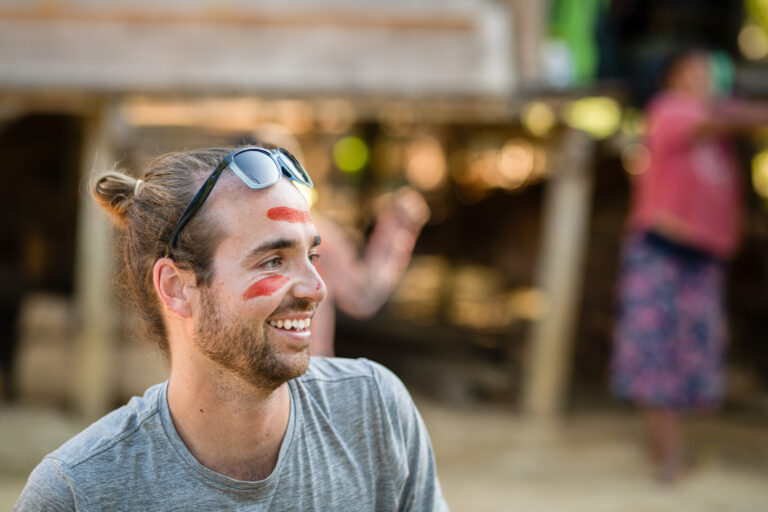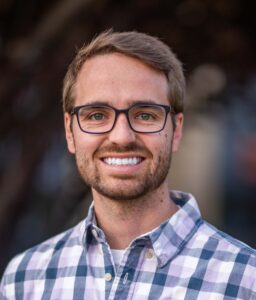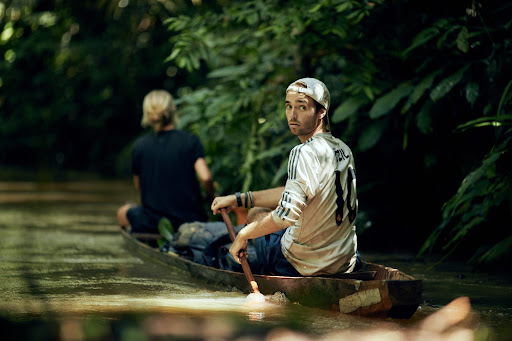
Geography is the foundation of field-based conservation science and a key component of the strong sense of place held by local and Indigenous communities worldwide. We’ll explore how students learning geography on the job deep in the Peruvian Amazon use their skills to conserve mammal populations and support the goals of one of the most vulnerable Indigenous communities in Peru, while building mutual cultural understanding.
Brian Griffiths, Ph.D.,
The Earth Commons | Georgetown’s Institute for Environment & Sustainability
Assistant Teaching Professor | Graduate School of Arts and Sciences

Brian Griffiths is passionate about sustainable natural resource management and wildlife economies in the Peruvian Amazon. He is a human ecologist that also engages with anthropology, ecology, and conservation biology, and prioritizes community-driven work. His recent projects include the ecology of natural Amazonian mineral licks and the influence of cultural practices on hunter behavior, each conducted in collaboration with the Indigenous Maijuna people of Peru. Brian has done consulting work with the Smithsonian and United Nations, among others, on topics ranging from environmental education to wildlife economics. Brian helps direct the Amazon Center for Environmental Education and Research (ACEER, Director of Research) and OnePlanet (Director of Conservation Science). He holds a Ph.D. in Environmental Science and Public Policy (George Mason University) and bachelor’s degrees in Plant Science and Environmental Engineering (University of Delaware), and is a faculty member in the Earth Commons at Georgetown University where he teaches courses in sustainability. In 2024 Brian was the recipeint of the E. Willard and Ruby S. Miller Grants for Research in Geographic Education for his work that investigates the impact that interdisciplinary, experiential geography education and participation in conservation research has on local Amazonian university students. Prior coming to Georgetown, Brian was a Postdoctoral Fellow at George Mason University, the Executive Director of ACEER, and a Fulbright grantee.

©2025 National Council for Geographic Education | All Rights Reserved | Privacy Policy